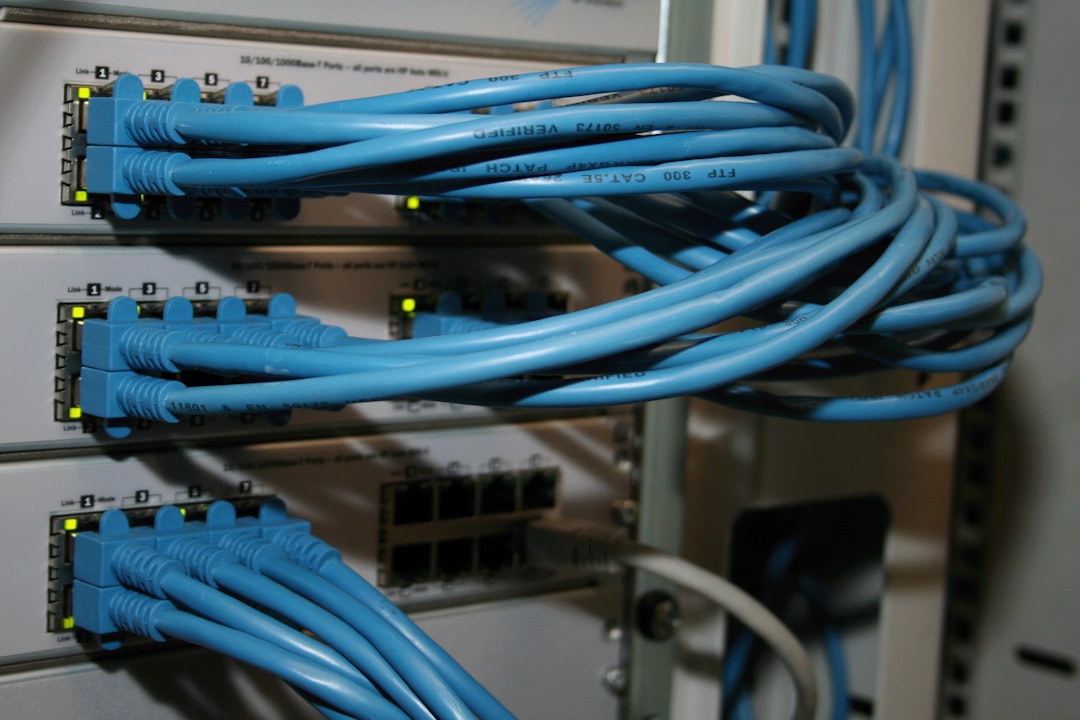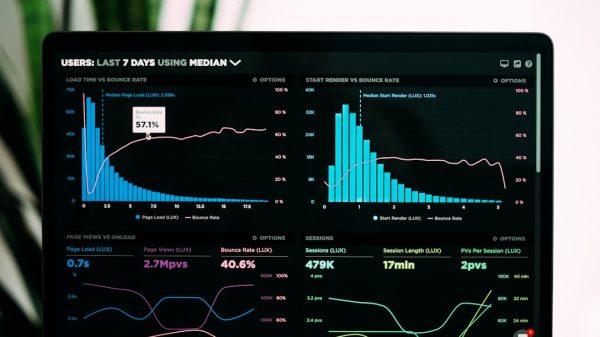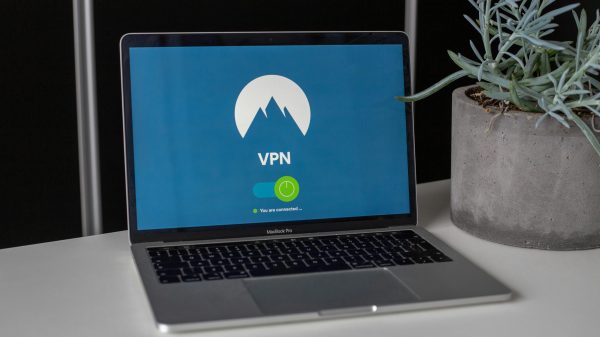In an era where internet speed and reliability are paramount, choosing the right Domain Name System (DNS) provider can dramatically affect your browsing experience. Two giants in this space—Google DNS and Cloudflare DNS—continue to compete for dominance well into 2025. While both services offer speed, security, and stability, they do so with different approaches and infrastructure.
This article dives into a comprehensive comparison of Google DNS and Cloudflare DNS in 2025, with a keen focus on their speed capabilities. Although performance can vary depending on your location and network, some global trends and benchmarks give us a clearer picture.
What Is DNS and Why Does Speed Matter?
DNS, or Domain Name System, acts like the phonebook of the internet. It translates human-readable domain names like www.example.com into machine-readable IP addresses. Every time you visit a website, your device makes a DNS query, and the response time, referred to as DNS resolution time, impacts how fast a site begins to load.
Faster DNS resolution means less time waiting. It’s especially noticeable on mobile networks, where milliseconds matter. For gamers, streamers, or just general users, a fast DNS can significantly improve the browsing experience.
Google DNS Overview
Launched in 2009, Google DNS is known for its simplicity and reliability. Google’s public DNS servers—8.8.8.8 and 8.8.4.4—are widely used globally. The benefits of Google DNS include:
- High availability: Backed by Google’s vast global network of data centers.
- Stability: Rarely experiences downtime.
- Security: Offers DNSSEC support and protection against DNS attacks.
However, Google DNS has been criticized for not being the fastest solution, particularly when compared to newer, more agile providers like Cloudflare.
Cloudflare DNS Overview
Cloudflare entered the DNS space with 1.1.1.1 in 2018, marketing it as the fastest DNS resolver on Earth. Known for its privacy-first approach and ultra-low latency, Cloudflare DNS has rapidly gained popularity.
Key features include:
- Speed: Consistently ranked among the fastest by independent testing firms like DNSPerf and GRC.
- Privacy: Doesn’t log your IP address and has an independent audit to back up its privacy claims.
- Modern protocols: Supports DNS over HTTPS (DoH) and DNS over TLS (DoT).
Cloudflare has optimized its globally distributed network for reduced latency, making it especially appealing for performance-focused users.
Speed Comparison in 2025
So which is faster in 2025? Let’s look at benchmark data and test results.
According to DNSPerf’s 2025 Q1 report, Cloudflare DNS continues to lead in global average response times. Here’s how the two stack up:
- Cloudflare: Average response time of 12.6 ms globally.
- Google DNS: Average response time of 20.3 ms globally.
It’s worth noting that while Cloudflare consistently outperforms Google in speed tests, the differences may be negligible for casual users. However, in latency-sensitive scenarios such as online gaming or high-frequency trading, every millisecond counts.

Regional Performance Variances
DNS resolution speed can vary greatly depending on your location. Here’s a snapshot of regional performance in early 2025:
| Region | Cloudflare DNS | Google DNS |
|---|---|---|
| North America | 9.2 ms | 17.5 ms |
| Europe | 10.8 ms | 18.9 ms |
| Asia | 14.5 ms | 24.1 ms |
| South America | 16.3 ms | 22.7 ms |
This data confirms that Cloudflare maintains its lead across most regions. Its broad network of edge servers plays a key role in delivering these low-latency results.
Other Considerations Beyond Speed
While speed is essential, other factors might influence your decision. Let’s explore how Google and Cloudflare stack up in other areas.
Privacy
Privacy has become a major concern for internet users. Cloudflare has publicly committed to never logging your IP address, and this has been verified by independent third-party audits. Google also adheres to strict privacy policies, but as a larger data company, it raises more concerns among privacy advocates.
Reliability and Uptime
Both providers boast exceptional uptime records. Google’s infrastructure spans globally and rarely experiences outages. Cloudflare, with its edge-first architecture, builds redundancy into nearly every node, ensuring rapid fallback in case of failures.

Ease of Setup
Changing to either DNS service is a simple process, involving a few manual changes in your device or router settings. Both websites offer easy-to-follow setup instructions, and there are mobile apps—like Cloudflare’s 1.1.1.1 app—for quick configuration on smartphones.
Support and Documentation
- Google DNS: Offers extensive documentation, though minimal real-time support.
- Cloudflare DNS: Backed by an active support team and community forums, especially useful for developers and power users.
Use Cases: Which DNS is Best for You?
Choosing between Cloudflare and Google DNS often comes down to how you use the internet:
- Casual browsing: Either service works well, but Cloudflare offers a small edge in speed and privacy.
- Gaming and livestreaming: Cloudflare’s consistently lower latency makes it preferable.
- Developers or businesses: Google DNS offers rock-solid stability and may be better suited for enterprise-grade services.
- Privacy-conscious users: Cloudflare is the clear winner with its anonymity-first approach.
Conclusion
In the battle of Google DNS vs. Cloudflare DNS in 2025, performance data clearly favors Cloudflare for speed. With its promise of low latency and strong privacy policies, it has solidified itself as a top-tier DNS resolver for most users globally. That said, Google DNS continues to shine in reliability and scale, making it a viable option for those who prioritize stability over speed.
Ultimately, your ideal DNS provider may depend on your personal needs, geographical location, and specific use cases. The good news is, switching between them is easy—so don’t hesitate to test which one gives you the best performance.
Frequently Asked Questions (FAQ)
- Q: Is Cloudflare DNS really faster than Google DNS in 2025?
A: Yes, according to benchmark data from sources like DNSPerf and real-world tests, Cloudflare DNS maintains a lower global average response time than Google DNS as of 2025. - Q: Does using a faster DNS improve download speeds?
A: Not directly. DNS affects the initial connection to websites, so a faster DNS can make pages appear to load quicker, but it doesn’t impact the actual download speeds of files or videos. - Q: Are both services free?
A: Yes, both Google DNS and Cloudflare DNS are free to use for individuals. - Q: Which DNS is better for privacy?
A: Cloudflare offers stronger privacy protections, including not logging your IP address and offering DNS over HTTPS and TLS by default. - Q: Can I use both Google DNS and Cloudflare DNS together?
A: Technically yes, by setting a preferred and an alternate DNS server in your network settings.


































